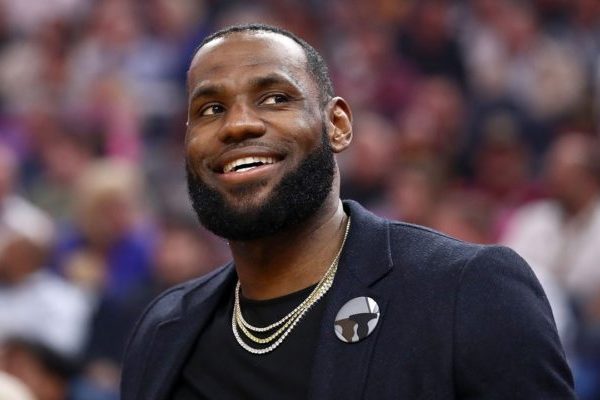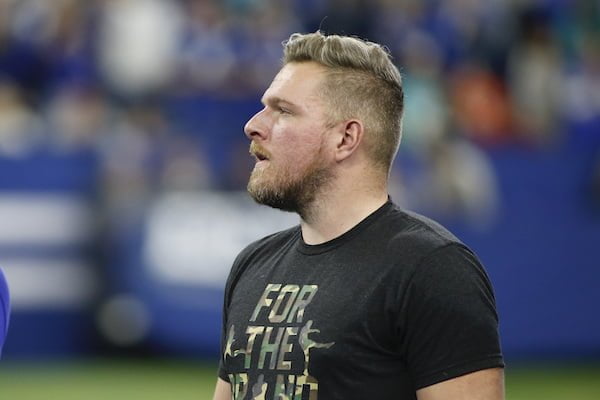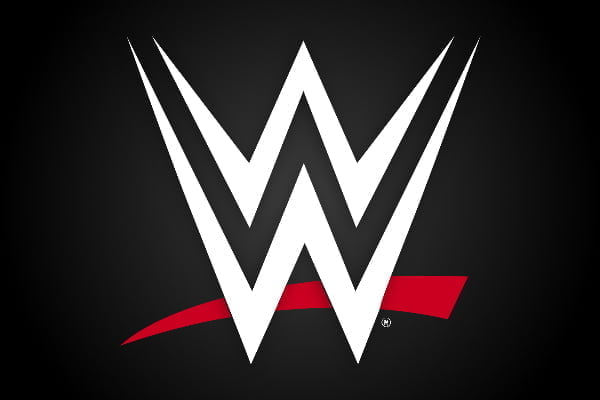At 36 years old and having logged the seventh most minutes in NBA history, if any active player has a valid argument for load management, it’s LeBron James.
But after playing 43 minutes in a losing effort Monday night, LeBron scoffed at the importance of load management. It’s a battle he’ll continue to have with the Lakers and head coach Frank Vogel as they prioritize keeping LeBron healthy, but not one he needs to fight with the league.
“This whole narrative of (I) need more rest … I don’t talk about it,” LeBron said in Monday night’s post-game presser. “I don’t believe in it. We all need more rest, shit. But I’m here to work, to punch my clock in and be available to my teammates.”
Being available to his teammates also means being available to TV networks, and more importantly, NBA fans. The NBA wants to cut down on load management, and it helps to have their most popular player speak out against the concept. After finishing the 2019-20 season with very disappointing TV ratings, the NBA announced a plan attempting to prohibit teams from resting star players during nationally televised broadcasts.
Load management has been a point of contention for years, with many fans arguing they don’t want to spend money on tickets to watch stars sit on the bench. But the NBA’s attempted fix was more about boosting their national TV ratings than appeasing the ticket-buying fan. And while games are played in front of mostly empty arenas because of COVID-19 protocols, the league must placate their TV partners.
Basketball fans have long complained about load management, but using LeBron as an example, the fault shouldn’t always be placed on the players.
Brandon Contes is a former reporter for BSM, now working for Awful Announcing. You can find him on Twitter @BrandonContes or reach him by email at Brandon.Contes@gmail.com.







